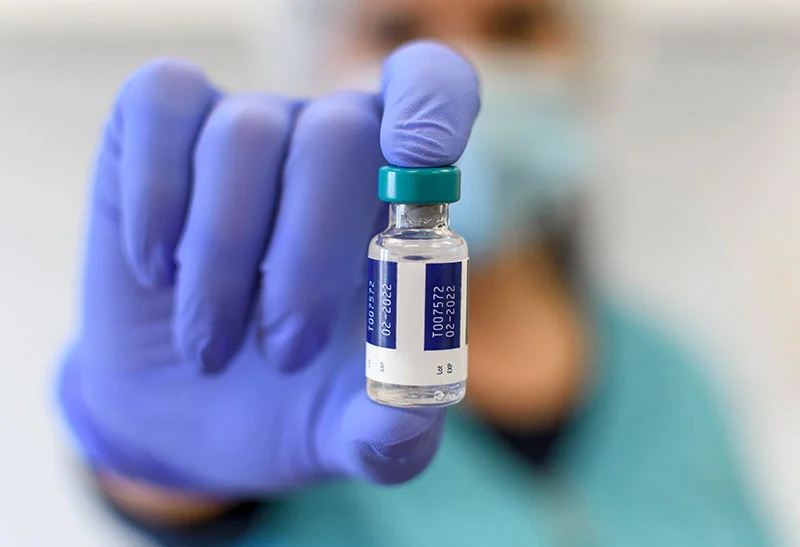
Cervical cancer is a preventable and treatable disease when detected early. Regular cervical cancer screenings are essential for identifying abnormalities that could potentially develop into cancer. Screenings can save lives and significantly improve the quality of life for women. Fortunately, cases of cervical cancer have been declining since screenings have become part of routine healthcare.
Cervical cancer is caused by human papillomavirus (HPV), a sexually transmitted infection. Most people who contract HPV will not develop cervical cancer, but some strains of HPV can lead to abnormalities and cancer. Regular screenings can help detect these changes before they become cancerous.
What is a cervical cancer screening?
Cervical cancer screening involves a quick and painless procedure to examine the cervix for any abnormal cells. A sample is collected and sent to a laboratory for analysis under a microscope. The cells are examined for any signs of cancer or pre-cancer changes.
The most common screening methods are:
- Pap test: This involves collecting a sample of cells from the cervix for examination under a microscope.
- HPV test: This test detects the presence of HPV DNA in the cervical cells. It can be obtained right from the Pap test.
- Combined test: This test combines the Pap test and HPV test for increased sensitivity.
How often should I get a cervical cancer screening?
The recommended screening frequency varies depending on a woman’s age and risk factors. Generally, women aged 21-65 should undergo a Pap test every three years. However, if you are a woman aged 30-65, you may choose to have a combined test (Pap and HPV) every five years. Typically, women older than 65 who have had normal results for the past five years may discontinue screening, but make sure you discuss this with your healthcare provider first.
What are the risk factors for cervical cancer?
There are several, including:
- HPV infection: As mentioned earlier, HPV is the main cause of cervical cancer.
- Early sexual activity: Women who begin having sex at a young age may have a higher risk.
- Multiple sexual partners: Having multiple sexual partners can increase the risk of exposure to HPV.
- Smoking: Smoking can weaken the immune system and make it more difficult to fight off HPV infection.
- Weakened immune system: Conditions that weaken the immune system, such as HIV/AIDS, can increase the risk of cervical cancer.
What should I do if my cervical cancer screening results are abnormal?
If a cervical cancer screening detects abnormal cells, further tests may be needed. Patients should consult with their provider to determine the best next steps for their individual situation.
Regular cervical cancer screenings are a crucial component of women’s healthcare. By undergoing these screenings, women can help prevent cervical cancer and improve their chances of a positive outcome if diagnosed with the disease. It is essential to schedule regular screenings and to follow the recommendations of your healthcare provider.
– Health West is a non-profit community health center providing quality, affordable healthcare, dental care, pharmacy, and behavioral health services. Visit www.HealthWestInc.org for more articles like this one.








